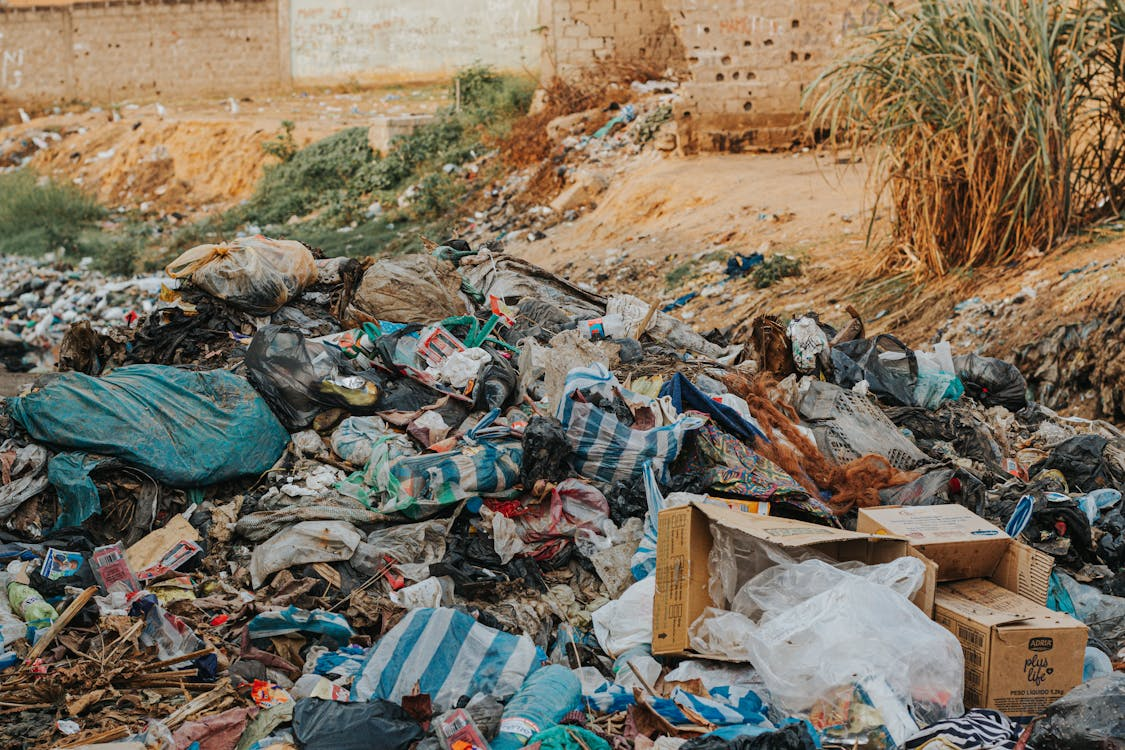Table of Contents
In today’s environmentally conscious world, the construction industry faces growing pressure to reduce its carbon footprint and enhance sustainability practices. One of the most significant challenges in this sector is managing construction waste efficiently.
With tons of debris generated from new constructions, renovations, and demolitions, adopting eco-friendly waste management strategies is imperative.
Among various solutions, concrete dumpster rental services stand out as an essential tool for any construction project, ensuring that waste is disposed of responsibly and efficiently.
Understanding Construction Waste Management
The recycling of waste disposed at construction sites is, in fact, more than just the simple removal of some debris. It deals with a course of action that tries to lower the environmental footprint when carrying out a construction project.
This entails prevention, recycling, and the reuse of various wastes in an environmentally and economically sustainable manner. Proper handling of waste not only assists the environment in maintaining its cleanliness but also contributes significantly to the protection of resources and the reduced utilization of landfills.
Nevertheless, the problem of the practical realization of the proper waste management tools must be considered. The scale and extent of construction projects can differ significantly, meaning there is no “one-size-fits-all” solution for waste management.
Hence, construction sites should continuously develop a customized waste plan for every construction project. Therefore, one must be aware of the types of disposal appropriate for certain types of waste and make disposal or recycling decisions accordingly. Consequently, this becomes the key step of the waste management process.
Eco-Friendly Advices on Control of Waste or Integration of Recycling in Construction Industry.
Comprehensive management of the construction waste emitting individuals are supposed to adopt a deliberate strategy that necessitates environmental techniques. Here are some essential tips to consider:Here are some critical tips to consider:
Prioritize Waste Segregation
The first move of effective waste management falls at the source’s site, which is waste segregation. For effective recycling, waste should be segregated into different bins or areas depending on the type of waste, such as timber, stone, metal, or plastic.
Such categorization results in the ease of processing and disposing of the materials and enables them to be handled in the most environmentally friendly manner.
In this way, construction sites can distinguish recyclable materials from non-recyclables, and as a result, the waste may be reduced considerably. Therefore, a more sustainable environment can be created.
Embrace Recycling and Reuse
The cornerstone of the “reduce, reuse, recycle” philosophy used in ecological waste management is reducing waste production based on “produce less, reuse everywhere, recycle always.”
Construction components, such as cement, bricks, and metal, are usually recyclable or repurposed for new tasks, minimizing the need for resources and thus the waste of such materials. One way to decrease the waste generated from construction projects is to begin by recycling and reusing all materials that can be salvaged.
Therefore, not only waste but also costs can be reduced with this method. Recycling centers and organizations are one of the key players in this process, which helps to transform the waste materials in usable products.
Opt for Sustainable Materials
Recycling eco-friendly building materials is another possibility that can help to minimize construction waste. Examples of sustainable construction materials are bamboo, recovered plastic, and reusable wood, which not only help dilute the waste but also lessen the environmental pollution when the construction process is undertaken.
The construction projects choose materials that are sustainable and, foremost, have the smallest ecological footprint, which can contribute to a greener and more sustainable community.
Conclusion
Waste management in construction is being considered one of the effective components of green building. Through eco-friendly practices and means such as waste separation, recycling, and safer materials, construction projects can greatly diminish their environmental pollution.
Concrete dumpster rental services emerge as one of the smartest and most direct ways to accommodate bulky waste volume.
Waste of construction should not be seen as a liability but also an opportunity to support ecological integrity. By developing ecologically favorable waste management systems, the construction business will be in a pivotal position to leap into a green and sustainable future.
In the progress of development, it becomes critical from time to time to broaden firmly the front of the war against waste and undertake practices that align well with global sustainability goals.





